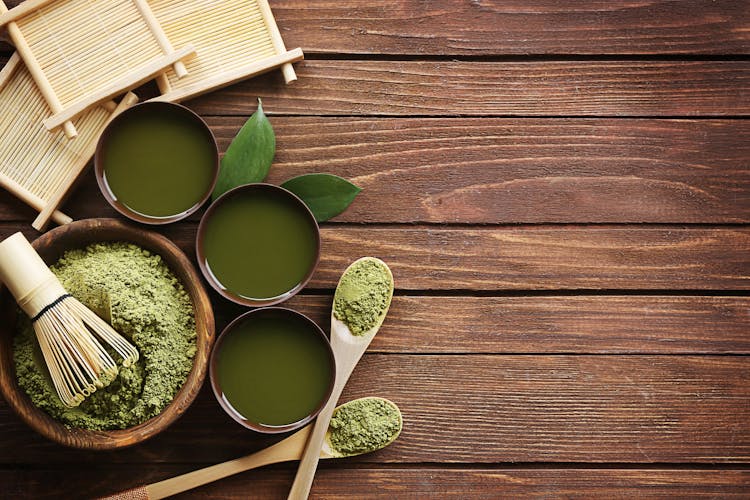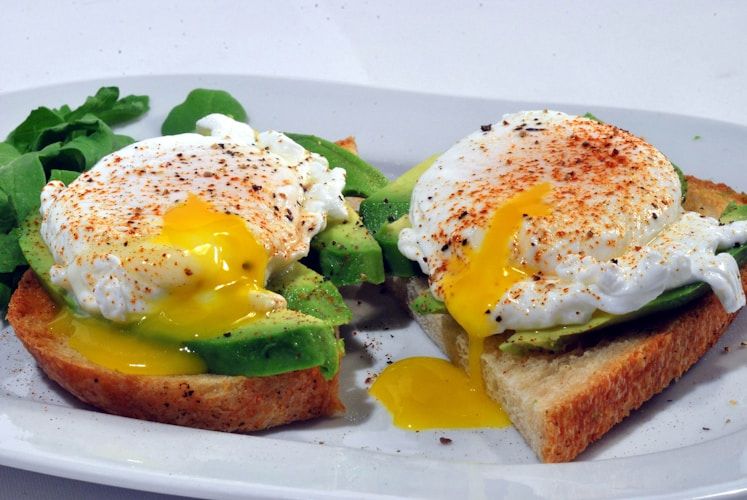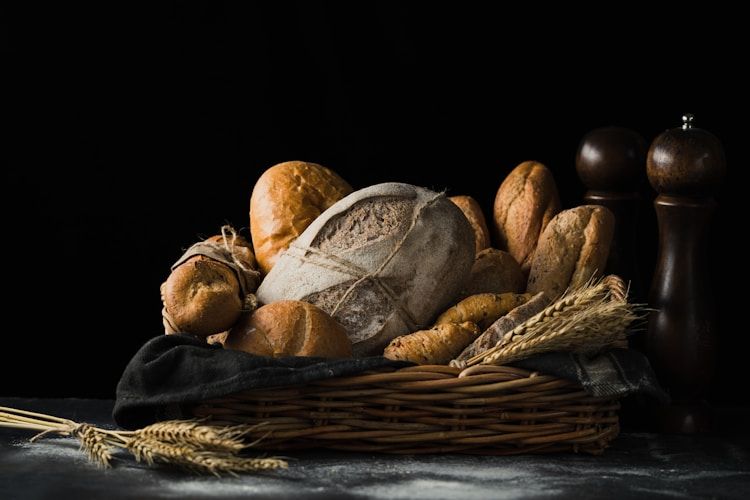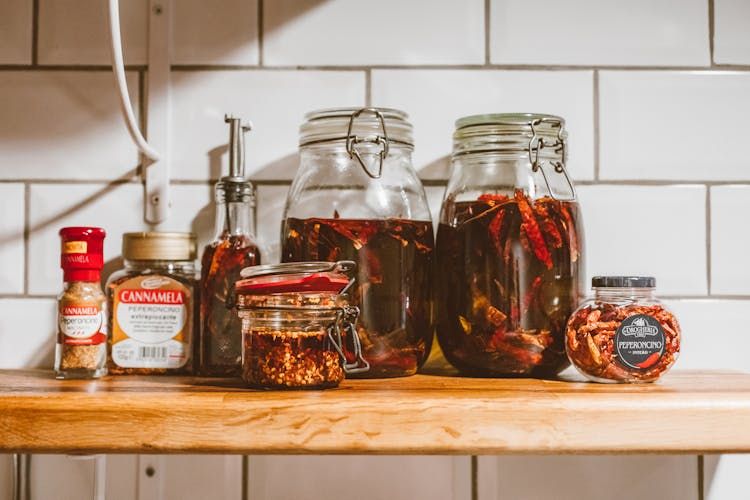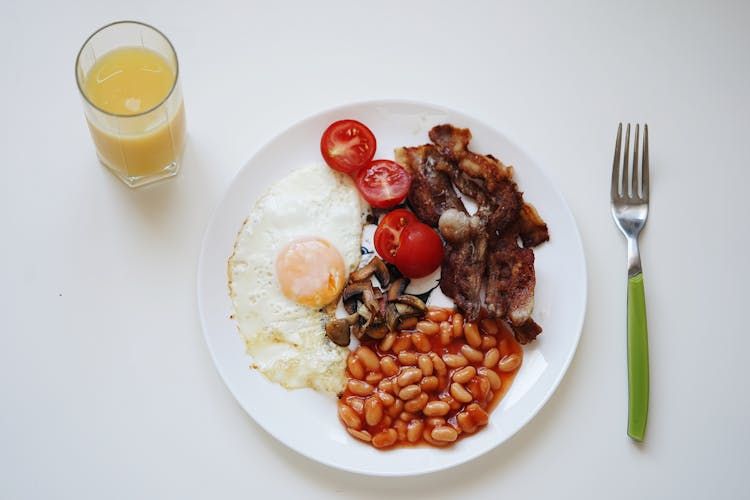Top 7 Matcha Benefits: A Healthier Alternative to Coffee?
Matcha has been casting its enchanting spell in the realm of wellness. This mesmerizing green powder unveils a trove of health benefits, captivating the hearts of tea aficionados and health seekers alike. If you are curious about it, this article shall illuminate your path, from what it is to its benefits and even its enthralling contrast with coffee.
What is Matcha?
Matcha, a magical powdered green tea, reveals its story from the captivating realms of Japan. Distinct from its conventional counterparts, which merely steep leaves in warm waters, it is born from the careful grinding of shade-bathed tea leaves into a delicate powder.
Therefore, when you savor matcha, you embrace the whole leaf, along with its abundant riches of nutrients. The alchemical journey of this wonderful herb commences with cloaking the tea plants in gentle shade for three to four weeks prior to harvest.
This nurturing darkness ignites chlorophyll production, gracing matcha with its vibrant emerald hue and profound, earthy essence. Once gathered, the leaves embark on a magical metamorphosis of steaming and drying, ultimately being tenderly stone-ground into a velvety powder.
In this modern age, this magical brew has traveled across continents, enchanting palates worldwide with delightful concoctions, from frothy lattes to divine delicacies.
Benefits of Matcha
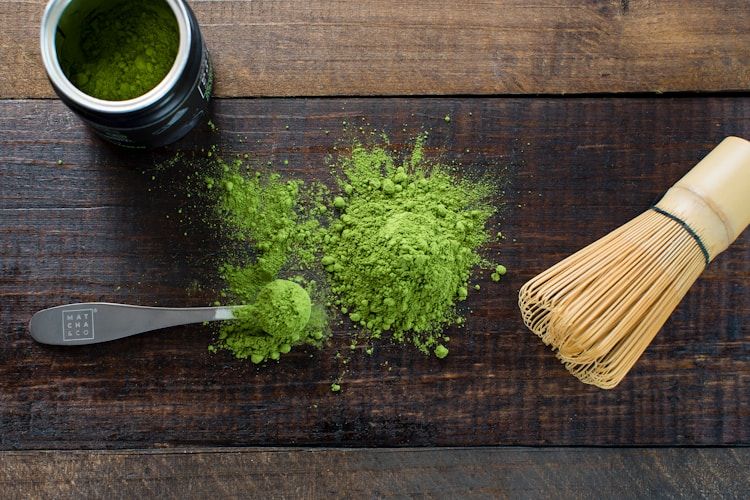
This powder brims with nutrients and antioxidants, emerging as a formidable champion of wellness. Behold, its most enchanting benefits:
- Rich in Antioxidants
Matcha is imbued with a formidable array of antioxidants known as catechins, with epigallocatechin gallate (EGCG) radiating as a star among them. These noble guardians of health engage in a valiant battle against free radicals, those elusive foes that threaten our cells, accelerating the march of time and the emergence of chronic ailments. - Boosts Energy Levels
With its inherent caffeine and the enchanting compound known as L-theanine, it bestows a steady, invigorating surge of energy, free from the jitters that often accompany coffee’s embrace. - Supports Mental Clarity
L-theanine intricately weaves a tapestry of calm and clarity by enhancing alpha brain wave activity. In this enchanting light, matcha shines as a splendid choice for those desiring to remain tranquil while nurturing their sharp awareness. - Aids in Detoxification
The chlorophyll nestled within the leaves, acts as a marvelous natural detoxifier, facilitating the body’s cleansing from harmful toxins. - Supports Heart Health
Regular consumption of matcha can help lower LDL cholesterol and reduce blood pressure, contributing to overall cardiovascular health. - Enhances Metabolism
Studies suggest that it can increase the body’s fat-burning rate during exercise, making it a popular choice for those looking to maintain a healthy weight. - Promotes Relaxation
While it bestows a vibrant energy, it also embodies a serene tranquility courtesy of L-theanine, rendering it truly exceptional among caffeinated potions.
Best Form and Origin
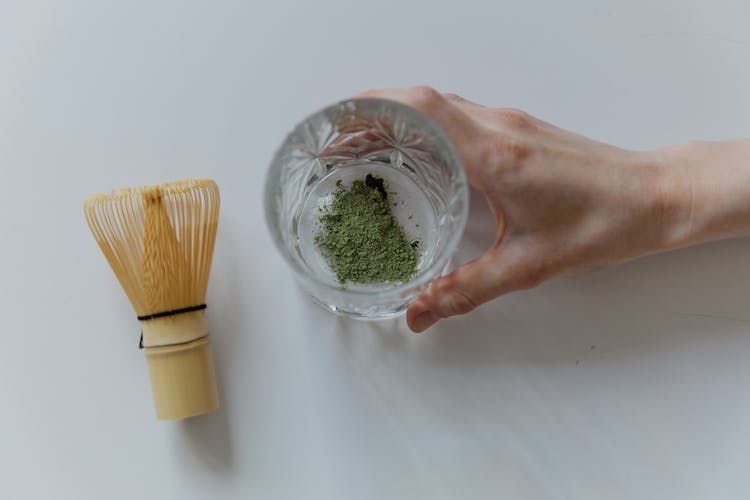
Not all powders are spun from the same fibers of nature’s tapestry. For those on a quest for the most exquisite elixir, seek the ceremonial-grade matcha, lovingly harvested from the youngest and most tender leaves. Its texture is a silky caress, its hue a radiant jewel, rendering it ideal for relishing as traditional tea.
For your culinary masterpieces or as a vibrant addition to smoothies, culinary-grade matcha offers a more wallet-friendly option. While it may possess a touch less refinement, it still enchants the palate with delightful flavors and a trove of nutritional gems.
As for its origins, the most exceptional quality emerges from the captivating realms of Japan, especially the esteemed regions of Uji, Nishio, and Shizuoka. These enchanting realms are imbued with a storied heritage of tea cultivation, yielding matcha that dances with extraordinary flavor and unparalleled quality.
Does Matcha Contain Caffeine?
Indeed, it holds a whisper of caffeine, yet the sacred ritual of savoring it unfolds in a manner delightfully distinct from that of coffee. A single cup of matcha typically contains around 30–70 milligrams of caffeine, depending on the quantity used, a gentle contrast to the robust 95 milligrams found in an average cup of coffee.
What truly sets it apart is the way its caffeine is embraced by the body. With the nurturing aid of L-theanine, the caffeine in matcha unveils its magic gradually, gifting a soft, sustained surge of vitality. This enchanting process ensures no jarring peaks or valleys, only a harmonious flow of energy and clarity.
Matcha vs. Coffee: Which is Better?
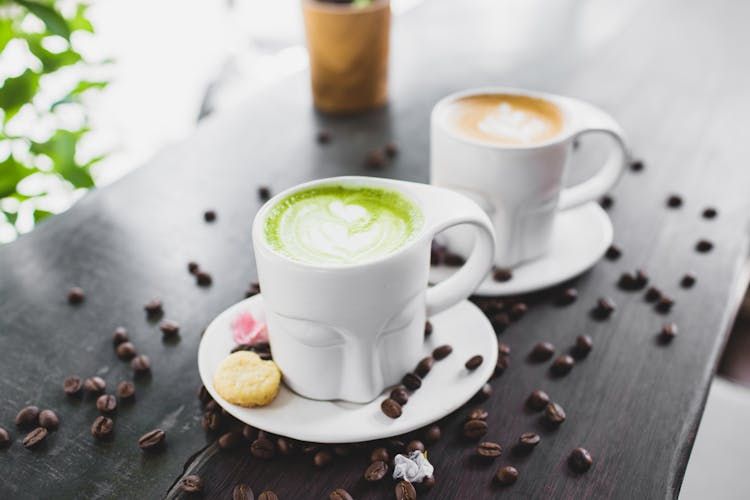
Both matcha and coffee possess their unique powers, and the decision frequently hinges on individual taste. Let us unveil the distinctions:
| Feature | Matcha | Coffee |
| Caffeine | Moderate, with a steady release | High, with a quick spike |
| Energy Boost | Sustained and calming | Intense but can lead to jitters |
| Antioxidants | Extremely high in catechins | Contains antioxidants, but fewer |
| Flavor | Earthy and slightly grassy | Bold and bitter |
| Digestive Impact | Gentle on the stomach | Can be harsh for some |
Should you yearn for a more serene and gentle flow of energy, matcha could be your perfect confidant. In contrast, if the robust essence of coffee stirs your soul and you desire a spirited revival, coffee stands as your unwavering ally.
How to Drink Matcha
Matcha is incredibly versatile and can be enjoyed in several ways. Here are some ideas:
- Traditional Tea
- Sift 1–2 teaspoons of matcha powder into a bowl.
- Add a small amount of hot water (not boiling) and whisk until frothy using a bamboo whisk (chasen).
- Top with more hot water and enjoy!
- Latte
- Mix matcha powder with hot water, then add steamed milk (dairy or plant-based) and a touch of sweetener.
- Smoothies
- Blend matcha powder with your favorite fruits, greens, and milk or yogurt for a nutritious boost.
- Baking and Desserts
- Add matcha to recipes like cakes, cookies, or even ice cream for a unique flavor twist.
When to Drink Matcha

The perfect times to relish the enchanting essence of matcha are in the morning or early afternoon. Its gentle caffeine infusion offers a delightful alternative to coffee, energizing your day or revitalizing you through the midday mist.
However, refrain from indulging in it during the evening, as its caffeine enchantment may cast a shadow upon your peaceful slumber.
Searching for other coffee alternatives or a caffeine-free variant, you may want to read also our article “Top 10 Chaga Benefits – an Alternative to Coffee?“
Conclusion
Matcha rises above the fleeting fancies of fashion. It is a radiant superfood, rich in history and overflowing with benefits. Whether you seek a wholesome alternative to coffee, an invigorating potion, or simply wish to savor its unique essence, it unveils a trove of delights for every discerning taste.
It offers a delightful and versatile path to nourish both body and soul, all while honoring the timeless tradition of tea. So, take a moment to whisk a cup, and immerse yourself in the captivating green enchantment of matcha!
Interested in starting your biohacking journey? We put together a FREE guide on biohacking techniques that you can easily incorporate into your daily routine.
The following studies were used as inspiration for this article:
- Matcha Green Tea: Chemical Composition, Phenolic Acids, Caffeine and Fatty Acid Profile
- The therapeutic potential of matcha tea: A critical review on human and animal studies
- Health Benefits and Chemical Composition of Matcha Green Tea: A Review
Stay in Touch!
Ready to unlock your full potential? Subscribe to our newsletter for the latest in biohacking tips, tools, and strategies to optimize your health and performance!
This post may contain affiliate links, which means we may earn a small commission if you make a purchase through them, at no extra cost to you.

